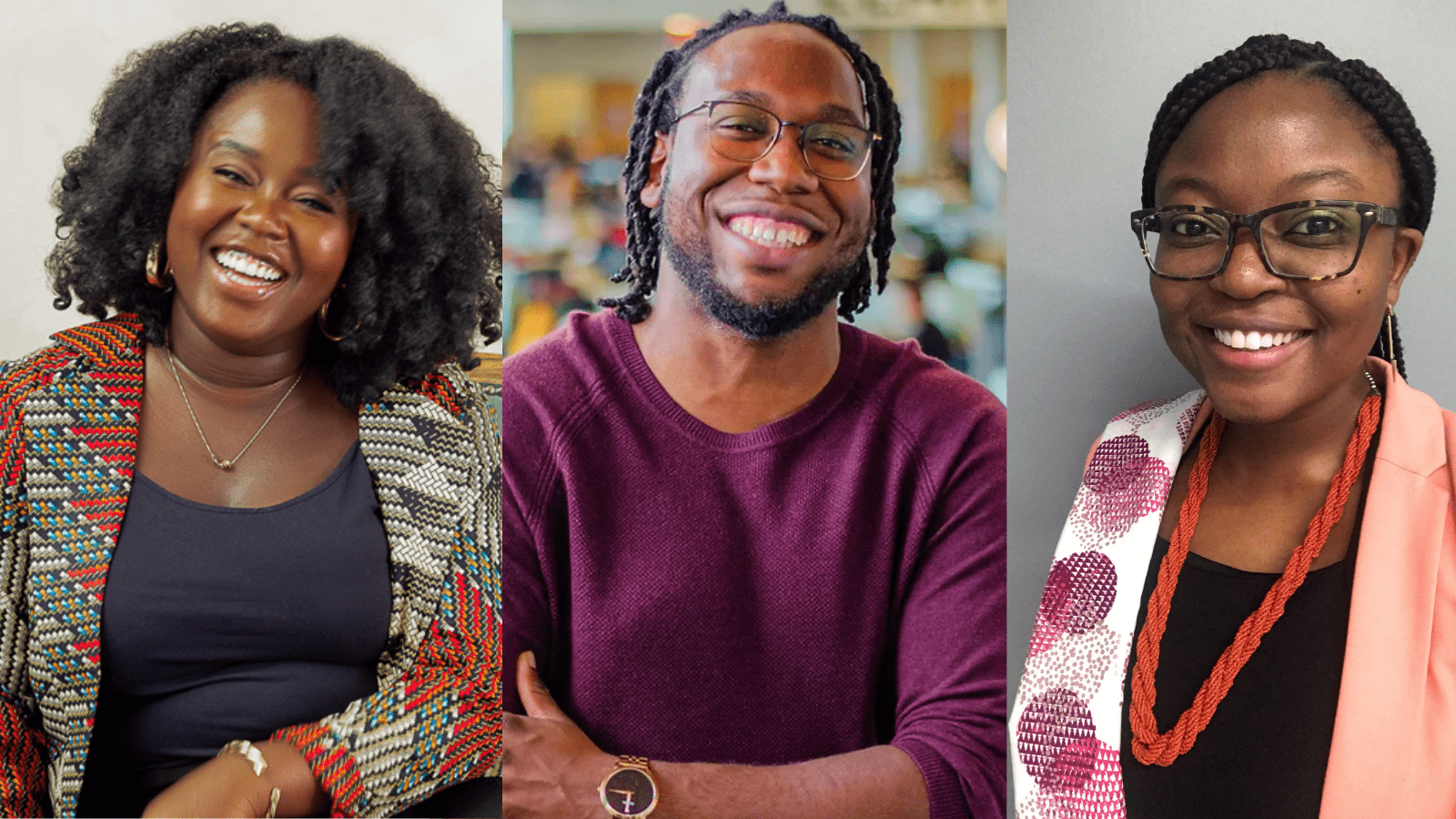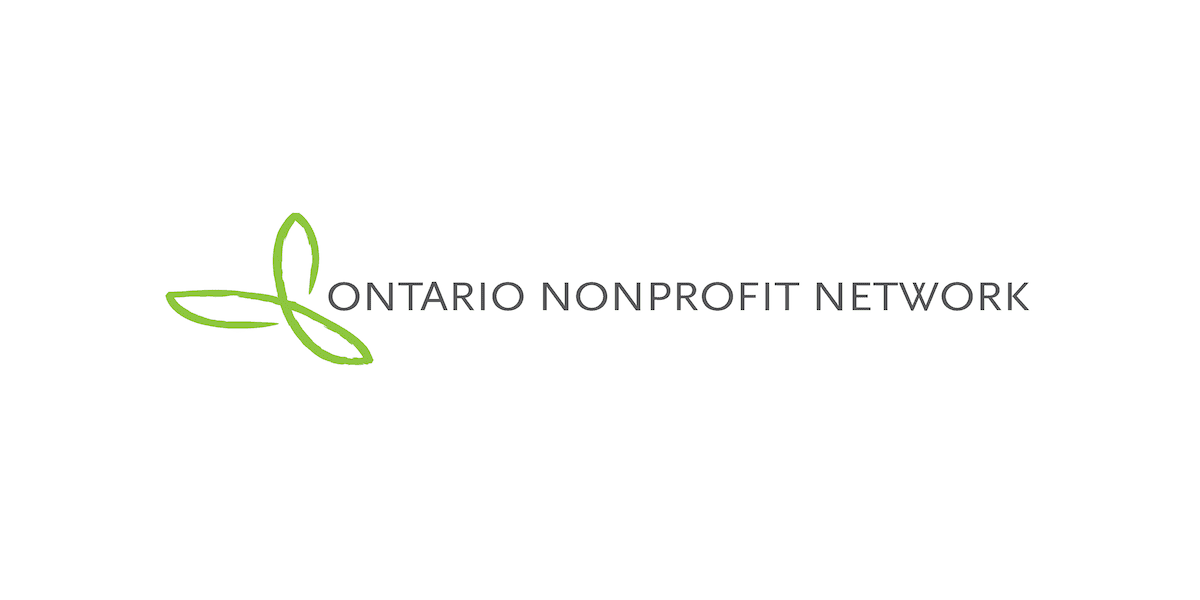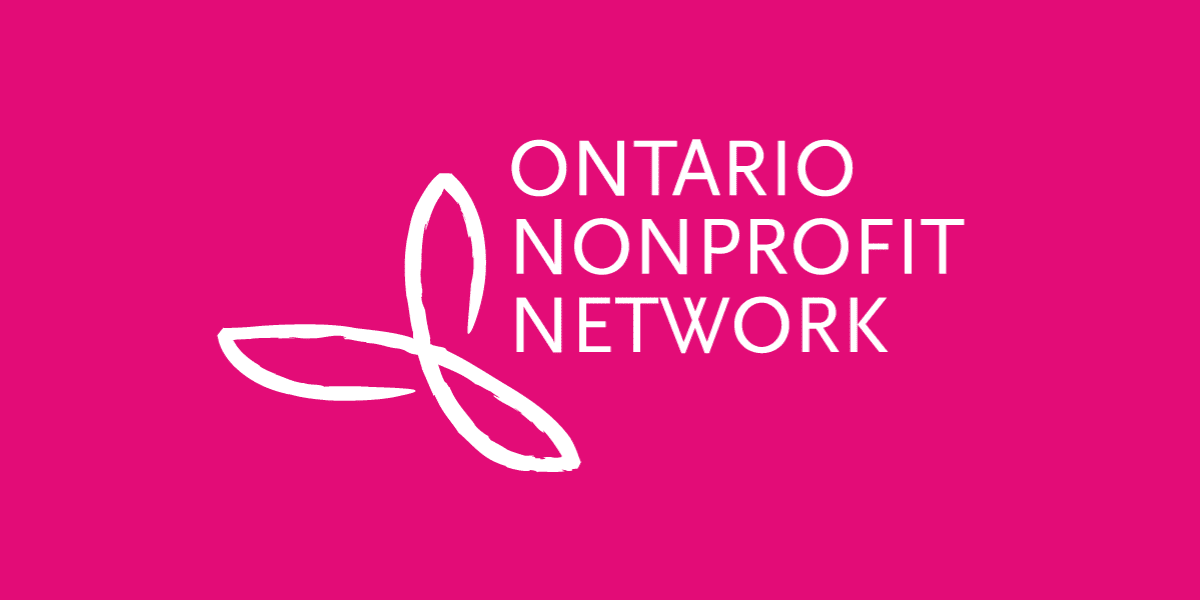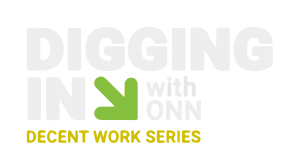Prioritizing Black joy is central to Black wellness
In a previous blog post, I wrote about acknowledging Black fatigue and centering Black wellness as necessary to advancing Decent Work for Black workers in the nonprofit sector. Prioritizing Black joy is critical to centering Black wellness and combating anti-Black racism.
Black joy can be understood as a form of rest. Clever Cruz, the founder of the Black Joy Project states that “Amplifying Black joy is not about dismissing or creating an ‘alternative’ Black narrative that ignores the realities of our collective pain; rather, it is about holding the pain and injustices we experience as Black folks around the world in tension with the joy we experience in pain’s midst. It’s about using that joy as an entry into understanding the oppressive forces we navigate through as a means to imagine and create a world free of them.”
In this piece, I want to highlight the perspectives of a few Black leaders and showcase how they center joy, rest and challenge structural anti-Black racism within the nonprofit sector.

In a world that is deeply plagued with anti-Blackness, from an individual to a systemic level – what is your source of joy?
Amma: To thrive in this world as a Black woman I learned I needed to become my first source of joy, so I seek many moments in the day to make myself smile! I make an intention to find joy in nature, with my family, with my friends and in community. I also gain Black joy deeply from Black art. It can be film, music, dance, visual arts or poetry, but having humanizing, authentic stories, voices and beats that affirm me make a world of difference.
Kemi: My source of joy comes from throwing the book out the window and re-imagining a life of possibility beyond the constructs we’ve been led to confine ourselves to. A lot of what has been normalized in North America as the “right way to live life” is rooted in deeply patriarchal, colonialist, racist, and sexist ideology. I have been spending a lot of time learning about my ancestral history and in doing so, I feel more connected to my true self and feel more “right in my body.” This brings me joy.
Jamie: As a Black man who works within the nonprofit sector I find joy in dismantling intergenerational curses. Also in being able to access opportunities to further the needs of my community, particularly African, Caribbean and or Black (ACB) identifying youth, whether that be through providing resources, support, or mentorship. This is my form of resistance in a world that is plagued with anti-Blackness. Showing up for my community brings me a deep sense of joy.
Referencing Tricia Hersey’s work from the Nap Ministry, what does it mean to feel and be rested?
Amma: To feel and be rested for me means to be at ease. It requires me to evict the heavy external (and sometimes self-imposed) pressures that constrain my ability to live, relax and just be present on this Earth. It means knowing I do not need to do anything, and yet I am still worthy.
Kemi: To me, feeling and being rested is being in a position to be able to pour love (energy, time, commitment) into others. In order to do that, I need to be pouring love into myself as well. That looks like eating right, sleeping well, taking the time to enjoy the things in life that fill me up. If I am not rested, I have nothing to give.
Jamie: Connecting with the community is a form of rest. Often we think of rest in isolation and for me it’s being able to laugh and connect with my community. Especially in the context of the pandemic, it’s taken a toll. Connection means everything.
What are practices and policies that can support Black workers’ wellness in the nonprofit sector?
Amma:
- Consistently audit the impact of diversity, inclusion, equity and ABR strategies/policies
- Increase compensation, enhance access to health benefits, mental health days and counseling supports
- Create intentional spaces for Black staff to commune
- Increase Black leadership in senior management
- Create long-term multifaceted and strategic investments to address anti-Black racism
Kemi:
- A comprehensive benefits package, health and retirement/pension.
- Safer spaces to discuss the challenges of being a Black worker in the non-profit sector.
Jamie:
- Ask, Observe, Respond is the motto I like to live by and I’ll explain. Asking our Black staff what their needs are at the moment is critical, allowing your staff’s voices to be heard. As a leader, your role is to observe how your staff responds to current practices and identify what areas need to be improved. Perhaps we all take a mental health day once a quarter that exists outside of regular benefit packages or we have a lunch-in webinar focused on Wellness in the Workplace. The aforementioned are simply examples.
- Commitment to taking Wellness days: Providing time and space for staff to take time away from work, to recharge themselves, so that they may put their best foot forward into the work they do. I strongly encourage that we as leaders provide space at least once a quarter. We are not machines.
- Limiting work to be at work: Encouraging your staff to break the stigma of working beyond the work-day. Gentle reminders that clocking out doesn’t make you a bad employee, but rather an emotionally attuned one.
I want to express my deep gratitude to Amma, Kemi and Jamie for answering my questions and helping me shed a light on Black joy and wellness within the nonprofit sector. I encourage you to sit with the wisdom and perspectives shared on challenging systems of anti-Blackness and other forms of oppression that plague our sector. I hope you can take what is shared here and think about how to action these learnings within your respective organizations to help create better futures for all of us.
I will leave you with this quote to reflect on, “If you have come here to help me, you are wasting your time. But if you have come because your liberation is bound up with mine, then let us work together.”- Lilla Watson.
Bios of Amma, Kemi and Jamie
Amma Gyamfowa (she/her) is a Ghanaian-Canadian womanist, mental health therapist, registered social worker, community researcher, writer and social justice advocate. Engaged in the field of social work for the last nine years, her expertise is rooted in supporting and counselling youth, Black and racialized communities, and survivors of gender-based violence. As Founder and Lead Clinical Therapist of Womanist Healing, Amma is determined to create empowering holistic resources that strengthen individuals and communities ability to heal, thrive and commune. Amma also currently leads Women’s Health in Women’s Hands, netWORKING: Young Black Women’s Project, a holistic mentorship program for Black-identified women (16-25).
Kemi Akapo (she/her) is a Nigerian-born, queer Yoruba woman who moved to Nogojiwanong/Peterborough in 2005 to attend Trent University. After completing her degree in English Literature and International Development, Kemi decided to make Nogojiwanong/Peterborough her home. She worked at Trent University for several years while sitting on various boards such as the YWCA Peterborough Haliburton, Kawartha World Issues Centre and the Peterborough Independent Podcasters. Her love for the community led her to run for City Council. In 2018, she was elected and became the first Black woman Councillor in the City’s history. In addition, Kemi works at the New Canadians Centre as the Case Management Coordinator in which she and her team help newcomer refugee families settle in Peterborough. Kemi loves to laugh, can often be found walking on the sunny side of the street or cycling the city’s various trails.
Everton Jamie Caine (he/him) is a Child & Youth Care Practitioner, community mentor, and part-time equity consultant. He is currently the Co-Executive Director at Harriet Tubman Community Organization. He is a graduate of the Child & Youth Care Advanced Diploma Program at Humber College, Recipient of the Raey & Lynda Mackay Endowment Fund Scholarship, The IGNITE Leadership Scholarship. He has been a consultant for various initiatives to address anti-Black racism issues that exist within the community. Outside of Humber College, he has volunteered extensively, with organizations including Big Brother Big Sisters Of Toronto, St Michael’s Hospital, Sick Children’s Hospital.






